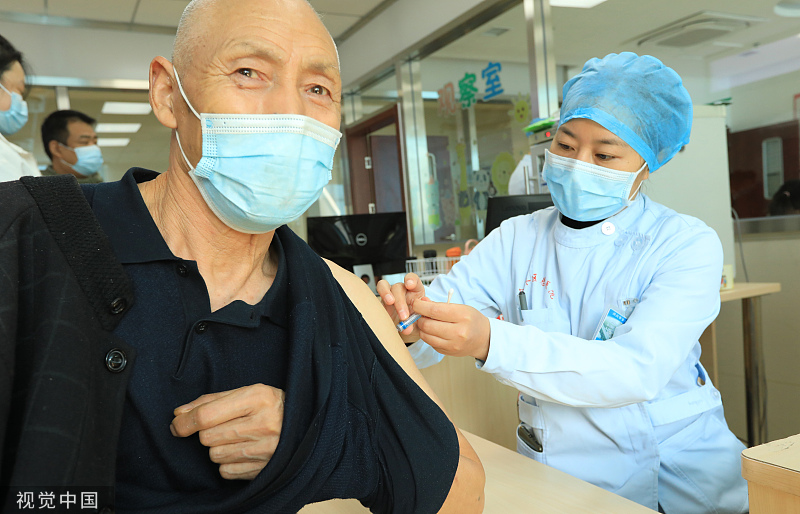People-first should be guide for any adjustment of COVID policy: China Daily editorial


"We are much closer to being able to say that the emergency phase of the pandemic is over – but we're not there yet."
That's the core message the World Health Organization Director-General Tedros Adhanom Ghebreyesus conveyed to the world in a media briefing on Friday. Rather than being outdated, the virus control measures China carries out is a responsible answer to the call of the times, if not the urgent needs to protect people's lives and health.
More than 8,500 people around the world lost their lives last week because of COVID-19. The majority of these were reported outside of China where it is believed that so-called herd immunity has already been achieved. That should serve as a timely reminder to those questioning the necessity of the strict COVID-19 pandemic prevention and control policy of the Chinese mainland.
Although there are calls for the policy to be lifted, it is not the right time for the most populous country to lift its control on the virus, given that seasonal flus and other respiratory illnesses that are common in winter will mean a sharp rise in novel coronavirus infections that will likely be accompanied by a rise in the number of deaths attributable to COVID-19, which would undo what the nation has achieved over the past more than three years.
Saturday marked one year since the WHO announced a new variant of concern in the COVID-19 pandemic: the Omicron variant, which has proved to be significantly more transmissible than its predecessor, Delta, and continues to cause significant mortality due to the intensity of transmission, as the WHO chief said.
The number of weekly deaths reported to the WHO has declined slightly over the past five weeks, but more than 2.5 million people were infected by the virus last week, according to reports the WHO has received. At present, there are more than 500 sublineages of the Omicron strain circulating. They are all highly transmissible. But more important, these sublineages of Omicron all have mutations that enable them to escape built-up immunity more easily.
Surveillance, testing, sequencing and vaccination remain the most effective way to prevent significant mortality. That's exactly what China has been trying to do, despite the pandemic fatigue that has understandably set in among some.
What China needs is to urge local governments to adjust their virus control measures according to the actual conditions in their jurisdictions. The people-first principle should be the defining guidance of the prevention and control work. For instance, people's livelihoods must be guaranteed, any urgent need for medical care must be met promptly and people's psychological well-being should be kept an eye on.
Now as the country moves to the next stage of epidemic prevention and control, strengthening the immunization of the whole population, especially the elderly, along with increasing the handling capacities of the country's intensive care units, rather than the collective quarantine sites as home quarantine is sufficient for most light and asymptomatic cases, represent a top priority.


































